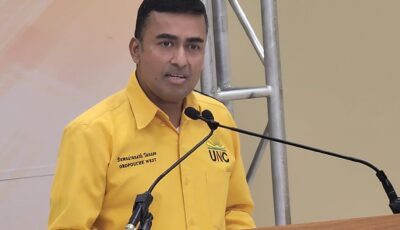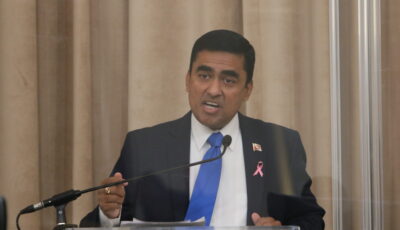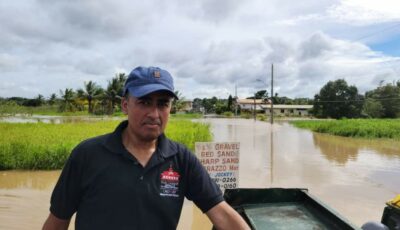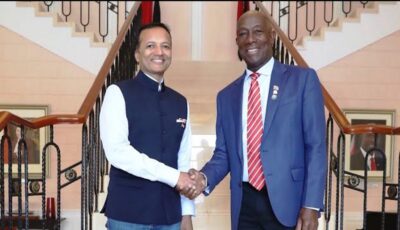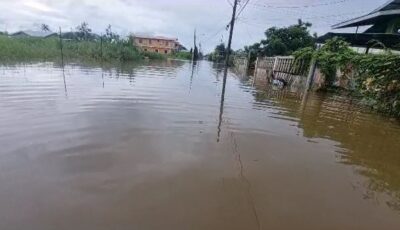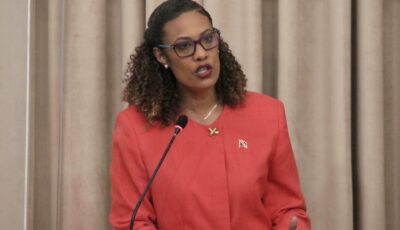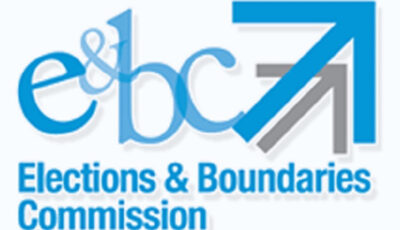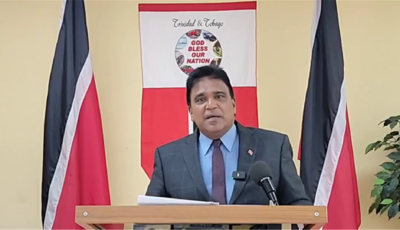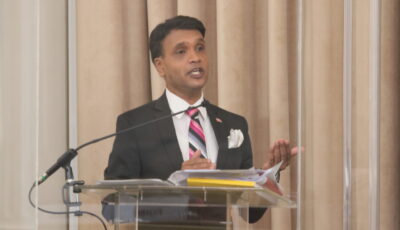Trinidad pioneers online ‘knowledge network’
BBC News education correspondent

Trinidad is going to have the first online learning network designed for an entire country
Trinidad and Tobago in the West Indies is pioneering an ambitious online learning project.
Coursera, one of the biggest online university course providers, is forming a partnership with the government to provide a network of online learning materials across the Caribbean country.
Minister of Tertiary Education, Fazal Karim, said it would raise the skills needed for the country to compete.
Mr Karim said it would open up a “world of opportunity” for Trinidad.
Coursera is a major provider of so-called Moocs – massive open online courses – that offer online university courses free. The US-based company now has almost eight million students registered.
Help from mentors
But this project in Trinidad will be the first time that a Mooc system will have been designed for an entire country, described as a “national knowledge network”.
“How do we move from low skills and low wages to high skills and high wages?” ~Fazal Karim Minister of Tertiary Education
And Lila Ibrahim, of Coursera, says that it could be a model for creating education networks in other countries.
In Trinidad, Coursera is working with the government and the University of Trinidad and Tobago to provide online courses, learning materials and television programmes.
There will be learning centres on the university campuses where students will be able to get help from mentors.
There will also be accreditation and college credits from the online courses.
It will be promoted by the knowledge.tt website, which will be a gateway to free online courses in areas such as business, technology, computer programming, entrepreneurship and music.
Mr Karim said it was a “very important step” for Trinidad, which is already on target to have 60% of young people participating in further and higher education by next year.
Improving skills
There is a one-laptop-per-child project at school level, which is using educational technology in the classroom.
But he said it was vital to use online learning to improve the vocational skills needed to make the economy competitive.
The message was that “you can learn as you earn and you can earn more learning”, he said…READ MORE

